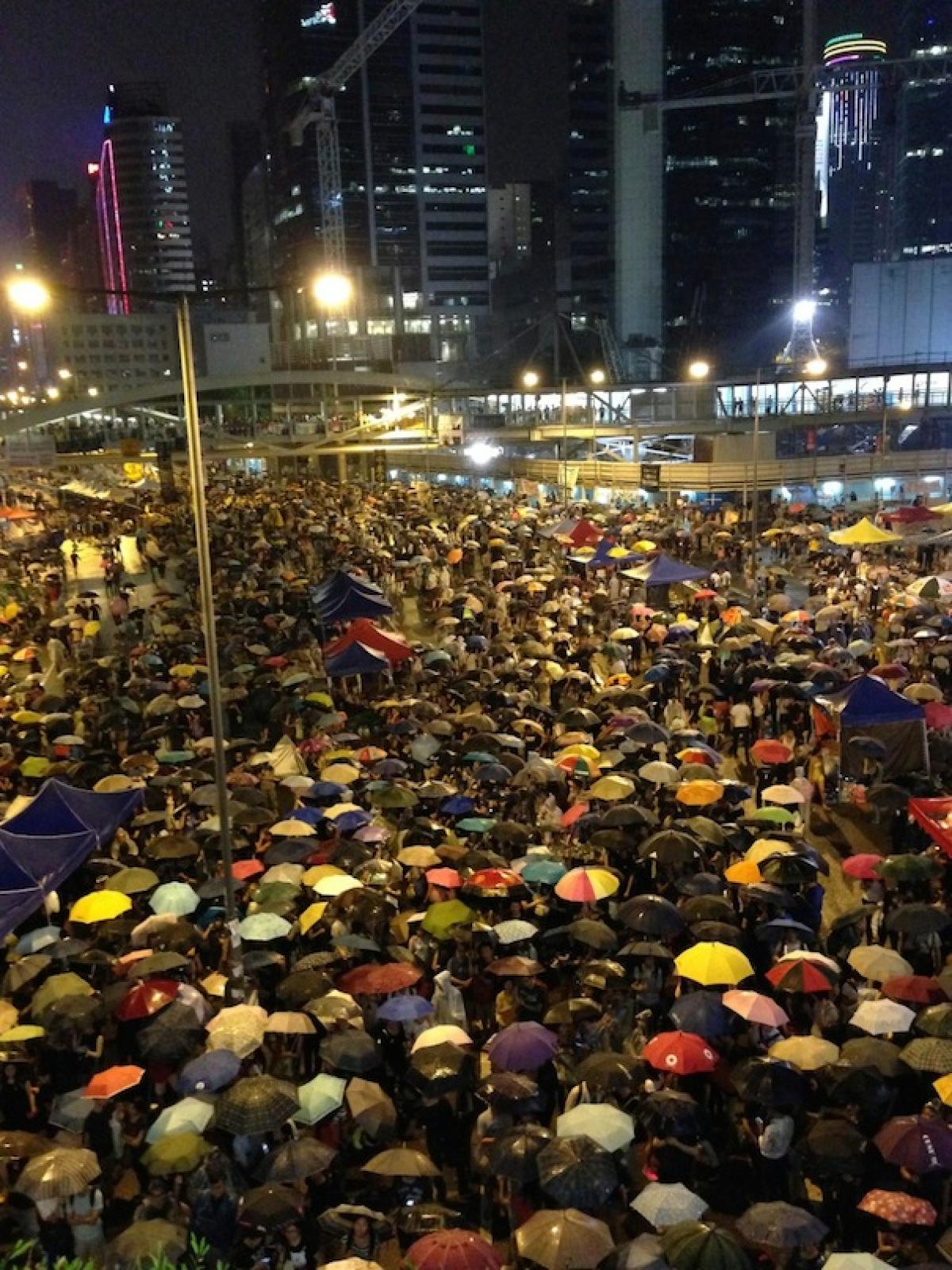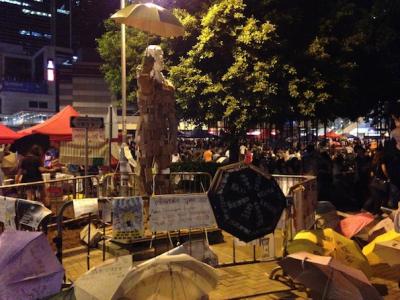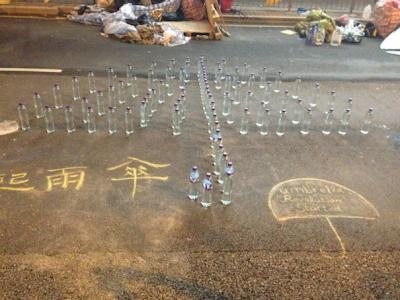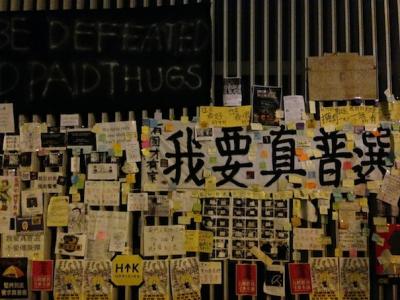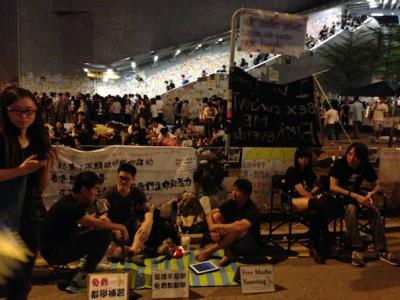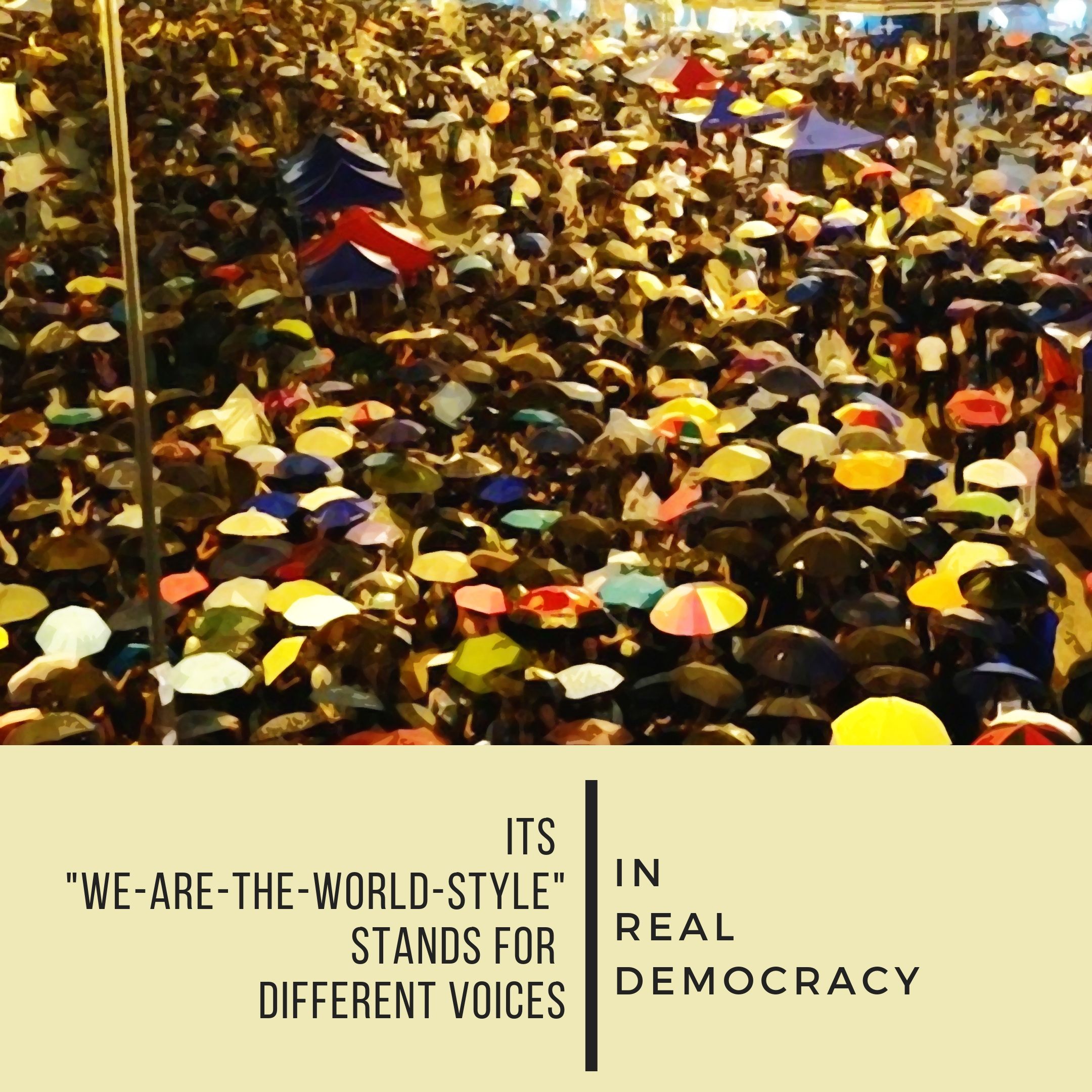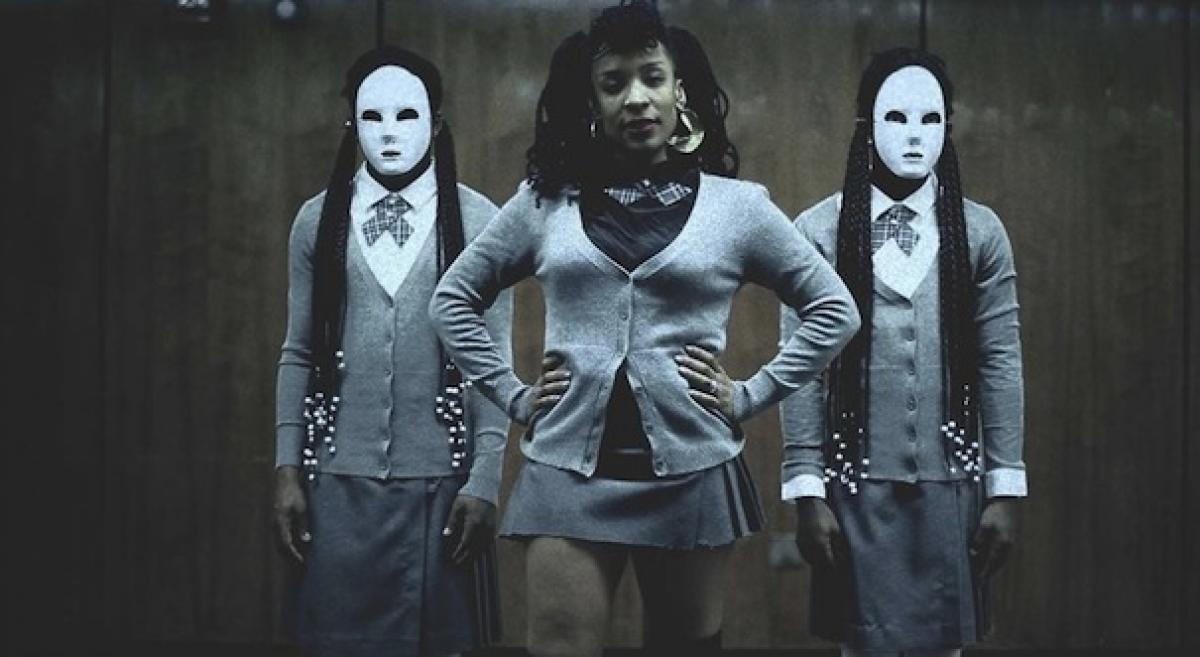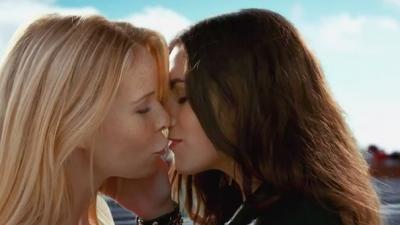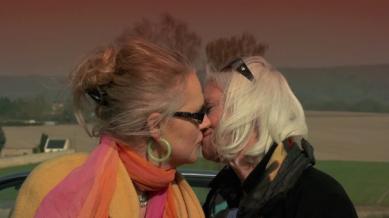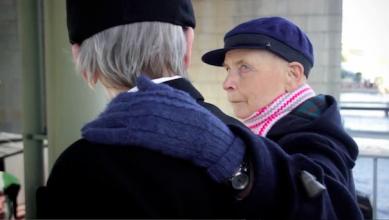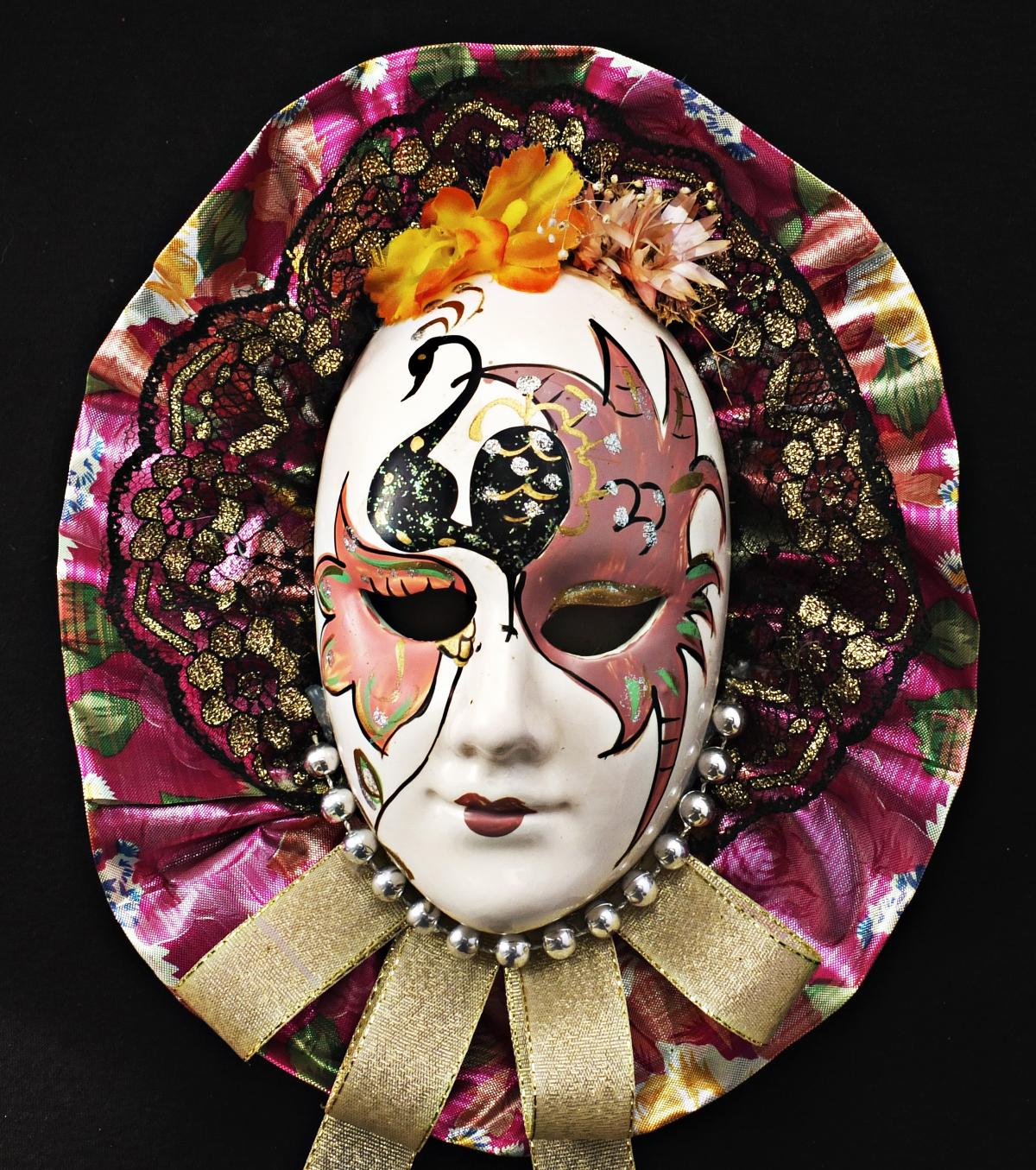«The genre of music video has been a laboratory», Lev Manovich (1995) wrote in his seminal text on digital cinema. «And it still is», we would like to add, even if it has been declared dead more than once since. The genre remains a laboratory especially in regard to social change. Music video is, however, not only reflecting tendencies in society, but always tries pushing the boat out further – as we will show in this article by analyzing some recent examples that experiment with new forms of gender and love.
In 2012 and 2013, under our «fluctuating images» identity, we curated two screening programs on the development of music video, entitled «music still goes video pt. 1 and pt. 2». Where these screenings investigated several divergent trends in music video, the present article focuses on a deepened analysis of one of them, which we have named «music video goes gender».
In the following, we are not interested in offering another study of the «classics», that is, music videos for e.g. Madonna or David Bowie. Our focus is on the present situation in society, in music, and in music video. The leading questions for our analysis are: what are the main developments in gender politics? Where does society stand in regards to this topic, and what stances do we find in music and music video? What new definitions of gender and forms of love can be observed, if any? We will address these questions by first giving a short overview of common attitudes and official standards in Western societies. On that basis, we will then have a closer look at some relevant examples of music videos.
Where Does Society Stand?
Are you a man, are you a woman? Are you heterosexual? «Our sexuality is so complex that to define it in black and white just seems ludicrous, really», says Alison Goldfrapp (Owen 2013) part of the electro pop duo Goldfrapp. Indeed, in many Western societies this message, an essence of gender and queer theory, has been more or less received. If we have a look at the official gender discourse in most Western countries, politics and legislative forces as well as medicine and advertising have one main issue: equality in all aspects of life, optionality regarding the different possible combinations of man, woman, «trans», and «inter».
This idea of equality has even reached the official curriculum, for example in France with the «ABCD de l’égalité», or in the German state of Baden-Württemberg, with the «Bildungsplan 2015» (educational program 2015). Sexual diversity and acceptance of different ways of life lead by gays, lesbians, bi-sexuals, transgenders, transsexuals, and intersexuals are the declared aims. There may well be a notable degree of protest in society against these aims (Süddeutsche Zeitung 2014; Pany 2014b); politically and legally, however, they are still part of the official discourse and promoted by the mainstream political and legal forces, as many examples show.
In 2013, in Berlin-Friedrichshain, for instance, the local government together with nearly all political parties decided to install a new kind of restroom, the gender-neutral unisex-toilet. The aim was to no longer discriminate any group of people, especially the «trans» ones, for which the binary restroom system does not work as a matter of choice.
Also in 2013, German parliament decided to follow the recommendations of the Ethikrat (the council for ethical decisions) to put an end to the binary system of gendering babies as male or female. Before this, parents had to decide in the frame of one week which sex the child should be attributed. Now the obligation to declare a baby as either male or female has been suspended, the Ethikrat’s reasoning being that having to make an instant decision was an illegal distortion of personal rights and the right to be treated equal (ÄrzteZeitung 2013).
In reproduction medicine, the US are far ahead. Since transgender people who would like to have babies are granted their wish, one can find transgender males with intact female organs who become pregnant after artificial insemination. The results are officially pregnant men (Pany 2014a). This is the medical avant-garde now.
What Ever Team You Play For
All this shows that, in several realms of western society, the binary heterosexual normativity is slowly losing its power, breaking ground for many more and very diverse forms of sexuality and gender constructions. Even the world of commercials doesn’t seem to stick to fluffy pink for women and the flavor of freedom for tough men (Wallis 2011, 168) – all in the view of attracting the other sex, of course. The Norwegian brand XXL, which sells sports and outdoor clothing, is one of hundreds of companies around the world that have created ads in support of Russia’s oppressed LGBT community. Their commercial debuted during the opening ceremony of the 2014 Winter Olympics, in Sochi, Russia.
XXL Commercial «Airport Love», agency: Schjærven Reklamebyrå, directed by Bjørn Stein, Måns Mårlind, music: Tommy Tysper, 2014
The tagline at the end of the clip, «whatever team you play for», is clearly understood as a «message that uses a sports theme to highlight an important human rights issue» (Morris 2014). On America Blog (Aravosis 2014), one commenter gets it a bit clearer: «The funny thing is, it’s a wee bit sexist too. But only the Norwegians could turn a kinda sexist commercial into an effective statement on diversity. It’s fun.»
If we now look at music videos that take up some of the same objectives, we can see much more advanced couplings of lesbians – which will give us an idea of the distance between the official gender discourse in society and the artistic possibilities of music video. Even if the XXL commercial «Airport Love» may appear mildly subversive by showing two women kissing in the end, it still obeys the rules of the advertising world, since they are both young and attractive.
It is easy to find examples in music video which go one step further. In videos by Productions Flembo for the Stumps’ «Homerun» and by Marit Östberg for The Knife’s «Full of Fire», to mention but two, the deviance from the binary heterosexual normativity is double, by homosexuality and by age.
Music Videos as Audio-Visual Laboratory
But much more is going on in music video . . . On the one hand, the genre in general is often very sexist, degrading women to objects of desire by showing «sexually suggestive behavior as appropriate for women» – «in other words, these videos suggest that women look to be dominated and protected by men» (Wallis 2011, 3). And it is still true: «Most music videos are highly saturated with sexual content that exceedingly focuses on the masculine perspective and male pursuit of sexual satisfaction» (Alfonseca 2010). On the other hand, as Susan Alexander stated: «Contemporary media present conflicting messages about women and the roles they assume. Nowhere are the paradoxical themes more evident than in music videos» (Alexander 1996). She comes to the conclusion that «music videos show our changing roles», which is the title for one of her articles in the Chicago Tribune: «What the mirror of music videos reflects is that young women are choosing among several options when assuming a gender role» (ibid.). Now, nearly 20 years later, this idea of choosing among options is still explored, but not only from the female perspective.
First of all: why is it like that? How can «music videos show our changing roles?» It has to do with the music itself: «Music is a powerful social and political practice precisely because in drawing on metaphors of physicality, it can cause listeners to experience their bodies in new ways», says Susan McClary (1991, 95). According to Tia DeNora (2003, 47) music has the potential to «structure things as styles of consciousness, ideas, or mode of embodiment». And Motti Regev (2013, 172) continues: «Through its embodied effects, its invasion of the body, its nature of being ‹in the body›, music plays a central role in all forms of collective rituals and ceremonies.» Because of the music-body relationship, body issues like sexuality and gender are explored and newly defined in music. This is the initial laboratory, which is enhanced by the visual side of the music video. In the following, we will try to unfold some aspects of how this audiovisual laboratory works by analyzing four examples, using gender and queer theory approaches.
1.
Artist: Mykki Blanco
Track: «Join My Militia (Nas Gave Me A Perm)»
Director: Mitch Moore, 2013
The video points to a current attitude followed by quite some artists: it is based on the idea of developing gender independently of biological sex. Gender is an option, an option to perform. Standard expressions from queer theory are taken literally: «performing gender» or «doing gender» as a practice of representation of gender difference (performing difference), or a practice to generate gender difference (doing difference). But Mykki Blanco is not only showing nasty, dark transgender acting. She is ironically developing a «holistic» approach. At the end of the video, Blanco performs with an octopus – a mythologically overcoded sexual symbol, first as the mythical Medusa, then as a male creature in the dark of the deep sea, having sex with everything that passes by, then again it could be a female octopus and life is too short to miss any opportunity. Therefore, the video is not so much about sodomy but about an omnivorous, «holistic» approach: fuck everything.
2.
Artist: Lapalux
Track: «Without You» (feat. Kerry Leatham)
Director: Nick Ray Rutter, in collaboration with Lapalux, 2013
Gender theory is very much about the construction and coding of social and sexual identity. In society you have to play a gender role, you have to decide for a role as the other members of society need to know according to what code they should act and react to you. Judith Butler (2003, 55) sees this constraint as an almost violent ethical force to make a decision and brings in the idea of impending the constraint for identity building. In this context, the Lapalux music video, which tells the love story of a woman and a human being «of whatsoever», is not so much of interest because of its latex-sado-maso connotations, but because of leaving gender for a position beyond gender: a «neutral other», an «it», a metaphor for non-gender, just in the sense of suspending the constraint for a clearly defined identity.
3.
Artist: Goldfrapp
Track: «Annabel»
Director: Lisa Gunning, 2013
The video «Annabel» is based on the eponymous novel by Kathleen Winter, which follows the destiny of a hermaphrodite child being forced into a male identity in 1960s Canada. In Goldfrapp and her girlfriend Lisa Gunning’s version of the story, you can see an androgynous boy exploring his femininity, gender-questioning the «girl living in the boy». The mother, played by Alison Goldfrapp, then places something into a lunch bag. The child takes it out in the woods and it turns out to be a gold-sequined dress. The joy caused by this unexpected gift is translated into dancing, as the video turns into full color (see Karlan 2013).
Alison Goldfrapp on the video (Nowness 2013): «It’s very much about memory, identity, and gender. I’ve always been fascinated by dual creatures, personas, people, personalities, and transformation. I think it’s a theme that’s pretty much always in fairy tales and horror, which I love. What struck me about ‹Annabel› is that the parents are in total denial of what their child is: this child has to choose in the end, and that’s what society is making them do. Why can’t you be both?» The last sentence refers to the lyrics of the song: «Why’ve they couldn’t let you be both, Annabel?» The video offers a solution for doing so, as the mother gives her boy a girl’s dress as a gift, encouraging him to be a she. Therefore the video «effectively turns the notion of strict gender identification on its head» (Owen 2013). At least in the video, co-existence within a dual, self-defined gender is proposed.
4.
Artist: Zebra Katz and Njena Reddd Foxx
Track: «Ima Read»
Director: Ruben Sznajderman, 2013
The Guardian (Lester 2012) has attested Zebra Katz that he «looks set to be the first break-out star of queer rap» (see also article «Queer Hip Hop Clips From 8 Countries» on Norient). «He is bisexual, bipolar, a bitch, and a baller», as Juliana Huxtable Ladosha (2012) puts it. Zebra Katz himself declares: «I wanted to transcend my masculine experience and put an understanding of that into my discussion of the female experience [. . .] I was just trying to connect to females at all levels» (Zebra Katz, quoted in: Hornburg 2002).
The video is not easily accessible, as some misinterpretations have shown. «You have to do the research to get what I’m saying», explains Zebra Katz (quoted in Wilson 2012). So, let us go to school and do some research . . . Despite of what the title and the lyrics may suggest, it is not a song encouraging young people to read: «Reading is an old voguing term describing someone verbally insulting an opponent about something not so apparent to the average viewer» («Ima Read», Lyrics on Rapgenius.com). To «read someone» means, in the queer voguing culture, «to insult someone in the bitchiest terms imaginable» (Wilson 2012). According to Paul Lester (2012), the lyrics form a litany of warnings based on «a series of education metaphors», «which includes chopping, dicing, slicing, and icing him/her/it». But «they never say what said bitch has done to deserve the slaughter», therefore «‹impending› is the operative word here, because actually the diss never comes». Especially as both are saying: «I’m that bitch!» The identity of the named «bitch» stays very unclear at first. Even if all the hip hop vocabulary of dissing is used and «despite the prolific use in the lyric of the term ‹bitch›, Katz, as he pointed out recently, isn’t ‹trying to be a misogynist› – anyone can be a bitch, be they black, white, male, female, whatever» (ibid.). This shows the very ironic play with the term bitch, the more so in the context of the homophobic, allover «bitchy» hip hop genre.
«Ima Read» was originally recorded as a statement on black culture and performance, a tribute to the movie «Paris Is Burning» (Wilson 2012), the 1990 American documentary film directed by Jennie Livingston. The film depicts New York City drag balls presenting people with different gender identities and their different forms of gender performance, like voguing, which means posturing in eccentric positions as if being photographed for Vogue magazine. Keeping this in mind, the postures of Njena Reddd Foxx become much clearer defined as voguing-related statements, pushing us back to the gender-identity question, which, as we have seen, is also part of the lyrics. Both performers are threatening a «bitch», both declare to be that bitch themselves, both are sharing some of the key phrases, passing them from one to the other. Who are they? Perhaps we see and hear one person, a bipolar one, like a «Gender-Jekyll & Hyde?» Is there a new sort of love going on between them? A love beyond gender identities, which are all bitchy somehow?
Toward a Multiple, Variable Gender
So can we draw some conclusions about where society stands now in regard to these gender issues, and where stand music and music video? New forms of love and gender roles have not only become increasingly accepted or tolerated, but also inscribed into the official political and legal discourse, turning out to be «natural», or as much constructed as heterosexuality. Step by step, Western societies follow human rights with respect to two of the highest ethic values: equality and freedom. We are still far away from gender equality and gender freedom, though, compared to what is shown in music videos especially with regard to gender shifting or gender transformation. The videos are making clear that gender – as well as non-gender, thinking of the Lapalux-video – could be an option, an option that is changeable, transformable, temporary. And it is a non-singular, non-linear option: we have not to decide for one gender for all the time. The examples of Goldfrapp and Zebra Katz point in this direction of a multiple, variable gender.
It can be observed that music videos offer an increasing degree of queerness: everybody can build an own, even multiple and temporary, sexual identity, non-binary, non-heterosexual, not following social and biological standards. This anti-hetero-normative, self-defining identity building, with many equal and equally native conceptions of sexuality, leads us back to gender and queer theory. The latter says, to go back to Judith Butler, that sexual identity and gender identity are not given, provided and determined by nature, but that both are social and cultural constructs (Butler 1990). This opens up possibilities reflected by musicians and video artists. Zebra Katz sees the term «queer» as «linked to a sexual preference, or the way someone builds their own sexual identity, not in terms of what society imposes, but following your inner path» (Roche and Wychowanok 2014). His queer rap colleague Christeene states: «An identity is multiple and personal, it’s the fruit of an negotiation between yourself and your environment.» It «implies breaking up the norms and having multiple identities» (ibid., 15). This is what Planningtorock does with the video to her song «Misxgyny Drxp Dead» (2013).
5.
Artist: Planningtorock
Track: «Misxgyny Drxp Dead»
Director: Planningtorock, 2013
She installs an ambivalent masculinization of a female voice (pitched down) and feminization of a male voice (pitched up) and ends up in a place in-between a male and female sounding voice. In the video she delivers the visual equivalent: a constant play with masculinization and feminization, never showing her face not to destroy the carefully constructed in-between.
So, how do the new love and gender-shifting look like, and how do they sound like? With Planningtorock, one can put it in a single word: queer. And to close out with her words: «Trying to find the words to explain my sexuality . . . it’s liquid . . . love defined by itself.»
